Here at Uncle Jim’s Worm Farm, we love worms and value them for all they do for organic gardening, house plants and our ecosystem.
Our famous Red Wigglers are amazing composters that will turn any ordinary garden into a beautiful lush that produces much bigger and healthier looking foods.
However, not all worms are beneficial for us. Some of the worms we encounter can be harmful if touched or ingested. It’s important to know the differences between good and bad worms to keep you and your pets out of trouble.
Good Worms
Most worms you’ll encounter won’t pose any threat to you or your pets. These include earthworms, redworms, nightcrawlers and more. We recommend buying a worm identification guide so that when you do come across an unusual looking specimen (aren’t all worms unusual looking?) that causes you to have concern, you can refer to your guide and find out if it’s something you need to be worried about or not.
Good worms clean up soil by consuming organic matter. Furthermore, they make soil fertile. They create pathways in soil that helps oxygen and water reach plant roots! Good worms are vital to our ecosystem!
Harmful Worms
Just like there are a lot of good worms out there, there are a lot of harmful worms too.
Nematodes are one of the most numerous animals on the planet. They are tiny creatures that typically grow to about 1 millimeter long, and for that reason, they are hard to spot with the naked eye. However, huge numbers of nematodes can be found in soil. Some are good and some are bad. The good ones are predatory and prey on other invertebrate pests including parasitic nematodes.
Bad nematodes are parasitic and can inflict just about any animal including humans, pets and marine wildlife such as whales. Did you know that a 26 foot long nematode was once found in a Sperm whale? Some of the more common parasitic nematodes that we know of include roundworms, hookworms and heartworms. These worms can be seriously harmful to your liver if they grow and multiply for long periods of time.
Flatworms are another type of worm that has both beneficial and harmful species. Some are predatory and others are parasitic. The most commonly known parasitic flatworm is the tapeworm. Tapeworms dwell in the intestines of animals and live off of food that passes through the digestive tracts. In land animals, tapeworms are known to grow up to 65 feet in length. In marine animals like whales, they have been recorded growing up to 100 feet in length!
Insect larvae are often considered worms. Inchworms and cankerworms (moth larvae) are destructive to crops and considered a pest by many farmers and organic gardeners.
Bristle worms are perhaps the most commonly seen marine worm. One of the easiest ways to distinguish a bristle worm is the prominent bristles that protrude off their bodies. One harmful kind of bristle worm is the fireworm, which is harmful to aquariums and to human health. They have hundreds of sharp fiberglass-like bristles that can poke you and it will hurt! Not all bristle worms are bad. Some of the smaller ones are actually very beneficial to aquariums. It’s up to you to identify them so that you know what you’re up against.
Avoiding Harmful Parasites
One of the most common ways people and their pets are introduced to parasites is through infected fleas and rodents. These inflected animals can pass a parasitic worm on to your pet and from your pet to you. It’s important to have your pets checked on a regular basis for fleas so that you can eliminate the problem before it starts. All it takes is a few fleas to leap off your pet onto your dinner plate and you may find yourself in a lot of discomfort shortly thereafter!
Uncle Jim’s Worm Farm is a vermicomposting company located in the USA. The above image is not our own. The above facts and information was gathered to spread awareness about the beneficial and harmful effects that come to us through different species of worms.
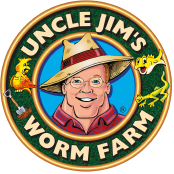

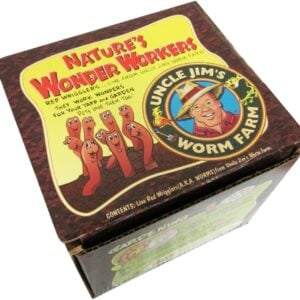
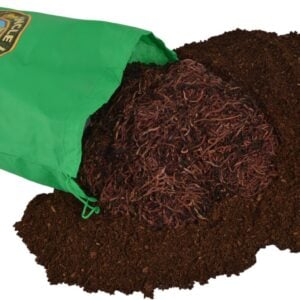
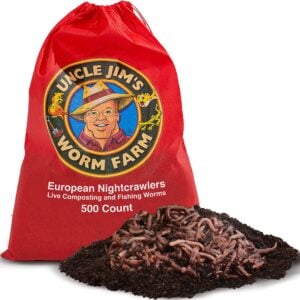
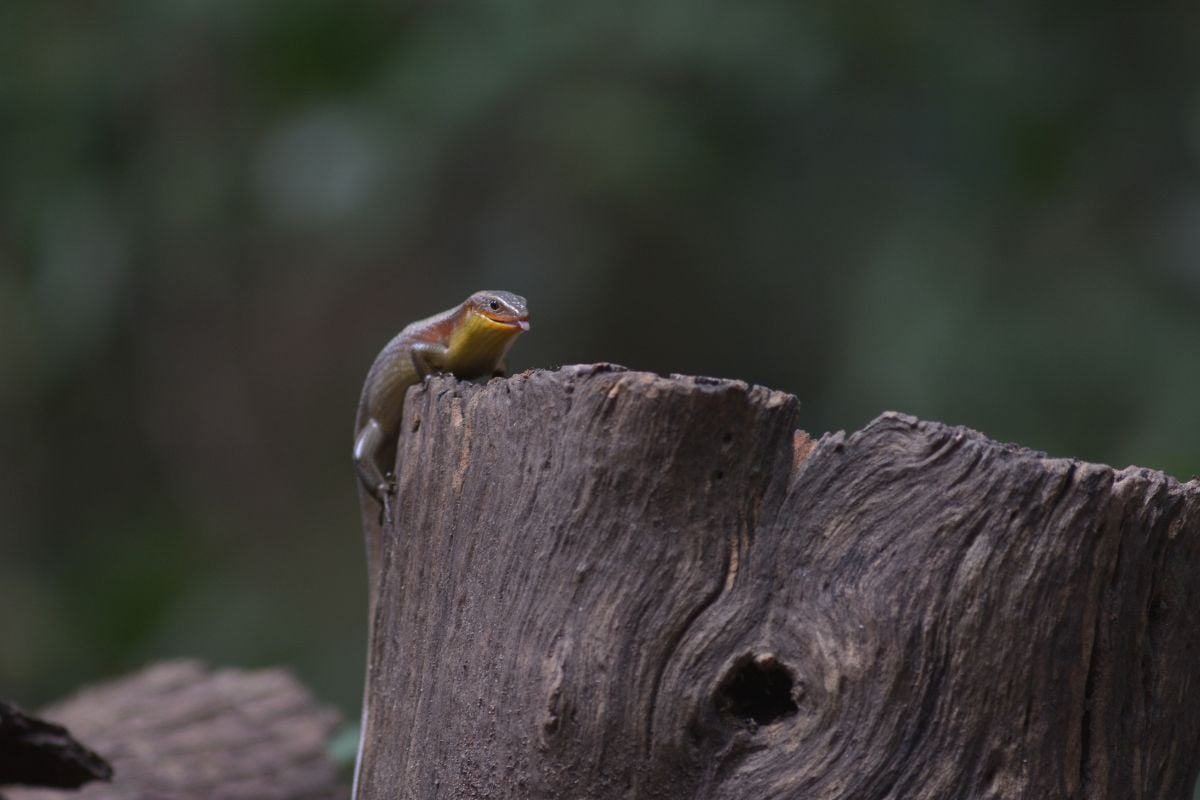
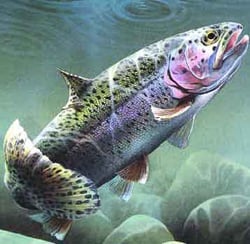

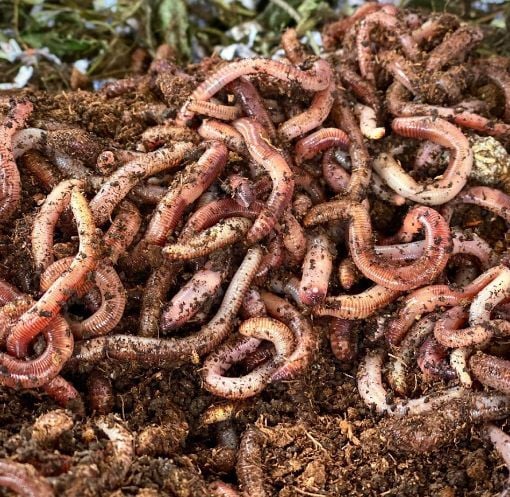
18 thoughts on “Harmful Worms For People and Pets”
I am looking into using the beneficial-nematodes to combat fleas, fly larvae abd other pests in lawn area. My concern is if my dog were to eat some if these nemotodes, would they hurt him? I understand I would need to purchase the good nemotodes, just want to be sure they don’t morph into a bad one…..
http://www.justanswer.com/dog-health/6enxt-dog-ingested-beneficial-nematodes-put-garden.html
here is one answer from a vet.
Winged termites are attracted to light, and when they emerge within buildings,
they swarm about doors and windows.
Can Earth worms Bite? Are they deadly? I walked outside and touched it I thought it was a worm but then I realized it was a earth worm,
I don’t know if there deadly or not
Earthworms have no Teeth! they are not harmful and are in fact very good for your garden. As with anything in the earth, you should wash your hands so that you don’t eat any undesirable bacteria, but no they cannot possibly hurt you.
Of course not stupid
Do you have any advice to beginners?
I found a red worm in my pond it looks like it was attacking a snail, is it dangerous
Hi.
My little girl accidentally ingested nematodes I had bought for my garden years ago. But ever since then she’s had chronic, severe stomach issues. Her doctor chuckled when I asked if it could be the nematodes she ingested. But what do you think?
I think your doctor should go back to college
I was about to fill my coffee reservoir tank and I saw millimeter worm looking things moving around. I clean my tank regularly & am so confused to where they came from. They are clear with some Brown & tentacles looking things on them. We have been ingesting them I believe so I’m super freaked out. Are these harmful to us, are these parasites? Freaked out.
I touched a worm and since then I’ve been coughing should I be concerned
I have dark lines all on my face arms legs back afeet hands
Meant to say feet
How do you get tid of these canker worms ,on humans ?
My dog drank some of my worm tea, is it harmful?
Yes. Don’t beliese anything you read on the internet until you find corrabaorating evidence. For example, in the above article the description of nematodes states “ypically grow to about 1 millimeter long”. A 1 mililimeter length is incorrect. It coould be 1 millimeter in diameter (cross section)
Suddenly worms appear in the bottel l filled with soil for about 40 or 45 days. l treat the soil with rain water,air and rotten fruits.
how I found that worms are harmful or not